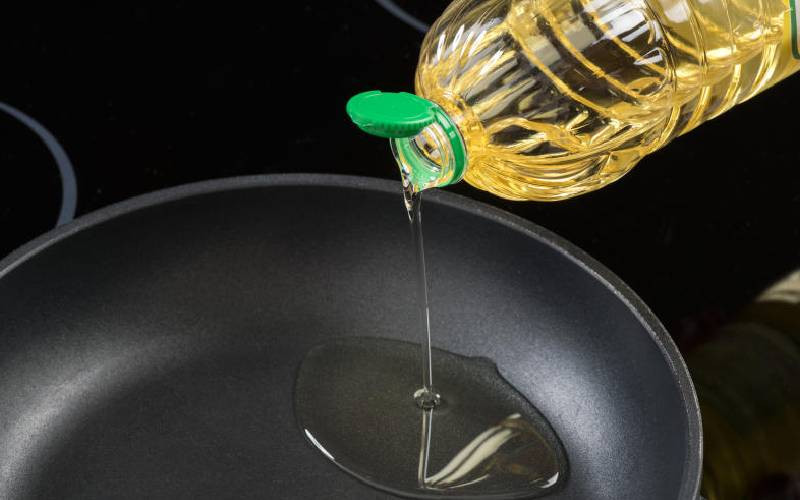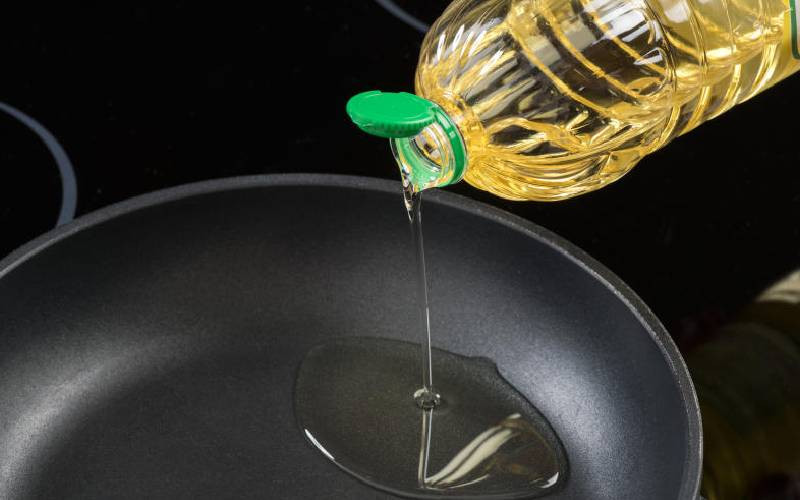
Numerous studies suggest that olive oil, particularly Extra-Virgin Olive Oil (EVOO) as part of a Mediterranean diet is associated with a significantly reduced risk of developing breast cancer.
Researchers say it is not a cure nor a treatment but a protective dietary component. In a landmark randomised controlled trial involving over 4,000 women for nearly five years found that those who were on Mediterranean diet supplemented with EVOO had 70 per cent lower risk of invasive breast cancer compared to to women who were advised to eat low fatty diet.
Follow The Standard
channel
on WhatsApp
Multiple analyses of observational studies have also found that higher olive oil consumption is associated with a lower likelihood of developing breast cancer and other types/forms of cancer. Lead researcher of the study Dr Eduardo Escrich of university of Barcelona, in Spain, suggests the protective effect might be more significant for certain types of breast cancer such as hormones receptor-negative or negative tumour but more research is needed.
Dr Escrich and his colleague Dr JA Menendez say the protective effects of olive oil’s high content of monounsaturated fatty acid mainly oleic acid and potent bioactive compounds, these compounds have been shown in laboratory and animal studies to inhibit antioxidant and anti-inflammatory effects, inhibit tumour cell growth and proliferation, induce programmed cell death in cancer cells, potentially enhance effectiveness of some hormone therapies used in breast cancer treatment.
The randomised clinical trial, which was published in 2020, was a secondary analysis with primary focus on cardiovascular risk. The title of the study “cardiovascular risk”. Another study on olive oil suppression of breast cancer was published in the Journal of American college of cardiology. Meanwhile, by restoring tiny bits of genetic material missing from breast cancer tumours in mice, American researchers said they were able to block the ability of breast cancer from spreading.
The finding is now helping doctors to make better treatment decisions and has also given rise to a new way of halting the advance of breast cancer. Dr Sohail Tavazoie, an oncologist working in the laboratory of Joan Massangue Howard Hughes Medical Institute said what is important to doctors is the concern that the cancer can be treated and the victims cured.
Dr Tavazoie said the study, which appeared in journal Nature, has given doctors a better way to determine if a particular breast cancer tumour will spread and also add to the list of possible targets that could be used to make drugs that block genes that makes cancer spread. “It has led to new therapies that restore the missing molecules that keep cancer tumour in check,” observes Dr Tavazoie.
He explained that cancer spreads when bits of primary tumour break off and attack organs. This process, known as metastasis, is what makes cancer a lethal condition. The researchers, who set out to isolate the process that causes aggressive tumours spread, found bits of genetic material called ribonucleic acid (RNA) that suppress the spread of breast cancer to the lungs and bones.
The researchers found that certain aggressive cancers, some of these microRNAs were missing thus allowing the aggressive spread of breast cancer. The researchers also found these same microRNAs were missing in human breast cancer cells taken from whose tumours had spread.
Follow The Standard
channel
on WhatsApp


Dining and Cooking